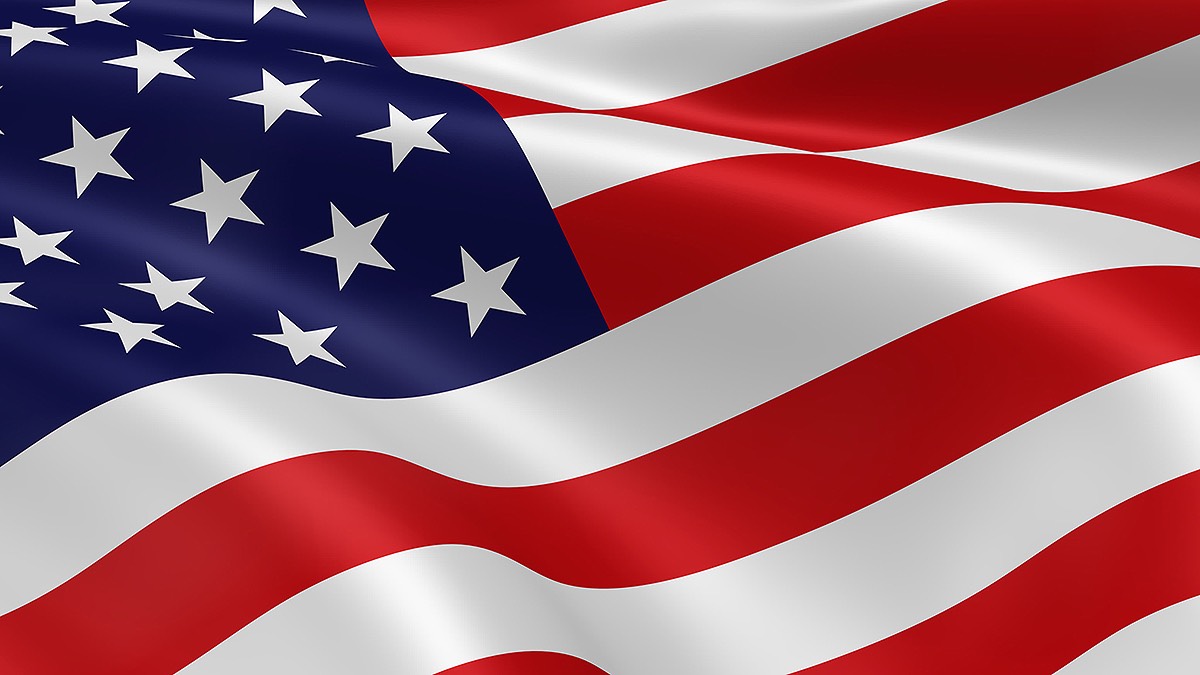
Arkansas Stones - Made in the USA
Arkansas stones are a siliceous chert known as Novaculite. They’re quarried in the in the state of Arkansas, USA and surrounding areas in the Ouachita Mountains. Since prehistoric times, Arkansas stone has been used for many tools, including sharpening stones.
When commercial mines started to extract these stones, and market them on a commercial basis – there were two grades; ‘Soft’ and ‘Hard’. One variant of the softer stones was known as ‘Washita’ – and they were eventually graded #1, #2, and ‘Lilly White’. The Lilly White stones were mined in New Hampshire.
Today – we have 3 grades of Arkansas stones; ‘Soft’ ‘Hard’ and ‘Translucent’; the latter includes the Surgical Black stones, along with what some people refer to as the ‘True Hard’ variety. A few quarries are mining these stones today, and many vintage examples of these stones can be found online, in yard sales, or specialty stores.
The Washita stones are no longer being quarried on a regular basis. It’s been said that the quarries ceased production of Washita stone around the 1950s. In 2004/2005, the Norton Company did produce a short run of Lilly White stones, but none have been quarried since then.
Geological studies state that Arkansas stones are comprised of the same abrasive – cryptocrystalline or microcrystalline quartz crystals. What makes one type of stone finer than another is not the size of the abrasive particles; the density of the particles is the determining factor. This is why Arkansas stones are graded by their Specific Gravity instead of ‘grit’ numbers like synthetic stones.
The average particle size in these Arkansas Novaculite stones is roughly .01mm, or 10µm. Depending on who’s grit chart we’re looking at, one might say that Arkansas stones have an equivalent grit of approximately 1400x JIS. However – anyone that has used a Translucent Arkansas stone to finish the edge on a straight razor knows how incredibly well refined that edge is.
The translucent grade has a specific gravity of 2.5; the SG of pure quartz is 2.65. It’s no wonder that the word Novaculite comes from the Latin word novacula, which means ‘razor stone’. These stones are nearly all quartz, which is the main cutting/polishing material in many well-known natural whetstones.
The cutting action is not as aggressive as what we see with synthetic stones, and the high density of the silica abrasive and exceedingly hard nature of the stone combine to give these super-hard Arks incredible finishing capabilities.